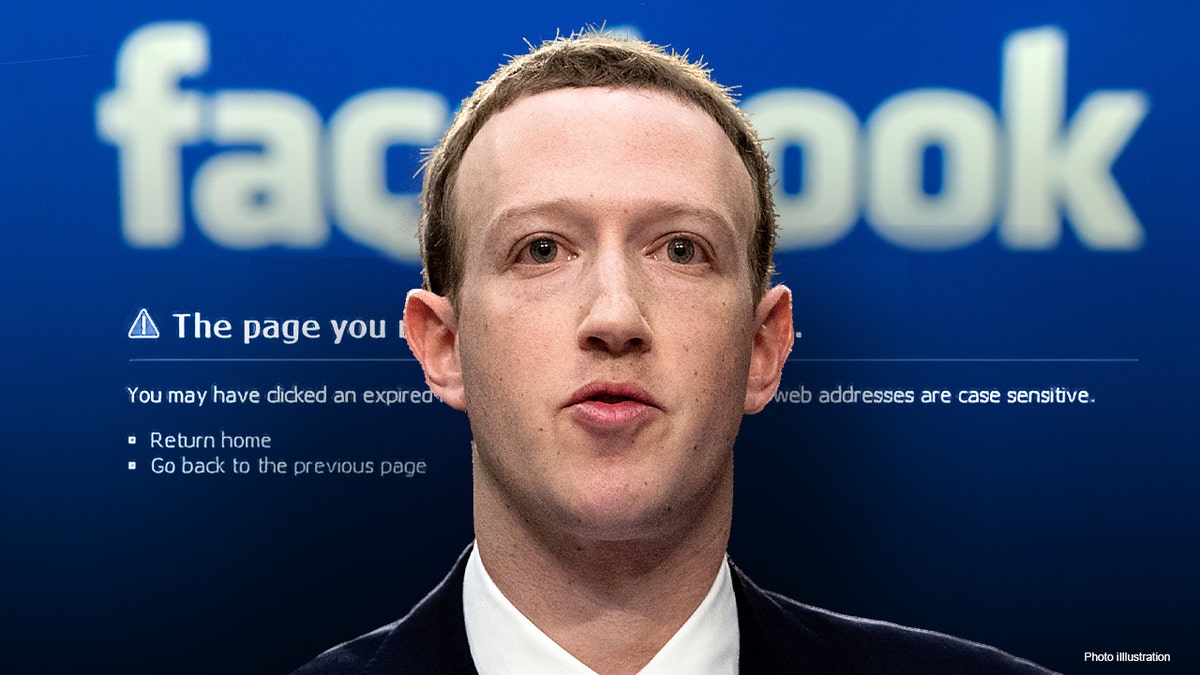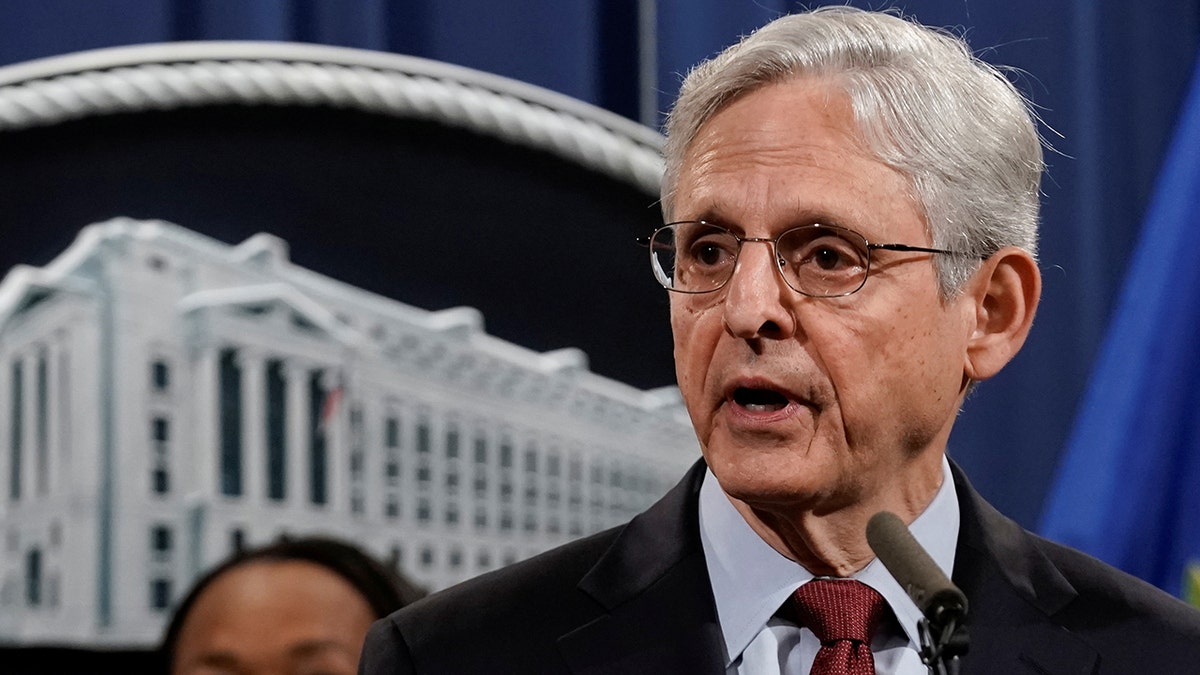Facebook has admitted to allowing users "to share information about how to enter a country illegally or request information about how to be smuggled," in a letter to the Arizona attorney general.
The admission came after Attorney General Mark Brnovich wrote to CEO Mark Zuckerberg to request information about reports that human smugglers and drug cartels are using the platform "to advertise their services" to help migrants "on their dangerous journey and unlawful entry into the United States," the Washington Times first reported.
Shortly after, Brnovich announced his plan to seek a Justice Department investigation into the social media giant.
In his letter to Attorney General Merrick Garland, Bronvich said his office was "surprised" by Facebook’s response.

UKRAINE - 2021/10/04: In this photo illustration a tweet on Twitter with a Facebook status seen displayed on a smartphone screen with a facebook logo background. Social media applications Facebook, Instagram and WhatsApp are experiencing a global outage. (Photo Illustration by Mykola Tys/SOPA Images/LightRocket via Getty Images Zuckerberg: Getty Images ( | Mykola Tys/SOPA Images/LightRocket via Getty Images)
"Facebook’s policy of allowing posts promoting human smuggling and illegal entry into the United States to regularly reach its billions of users seriously undermines the rule of law," Brnovich wrote. "The company is a direct facilitator, and thus exacerbates, the catastrophe occurring at Arizona’s southern border."
Bronvich said he’s seeking assistance from the Justice Department because states "are largely preempted from enforcing federal immigration laws and certain criminal statutes related to human smuggling."
"Our office requests that your Department investigate Facebook’s facilitation of human smuggling at Arizona’s southern border and stop its active encouragement and facilitation of illegal entry," Bronvich’s letter said.
In Facebook’s response to Bronvich, William Castleberry, vice president for state public policy, said the company has been working "diligently" to remove content about drug trafficking or human smuggling from the platform — but that it has no rule against sharing information about how to enter a country illegally.

U.S. Attorney General Merrick Garland announces that the Justice Department will file a lawsuit challenging a Georgia election law that imposes new limits on voting, during a news conference at the Department of Justice in Washington, D.C., U.S., June 25, 2021. REUTERS/Ken Cedeno (REUTERS)
He also said Facebook does not allow people to share content about selling drugs or smuggling, and posts on those topics will be removed.
"We do allow people to share information about how to enter a country illegally or request information about how to be smuggled," Castleberry wrote in the letter dated July 30.
After speaking with "human rights experts," Castleberry wrote that Facebook intended to stop human smuggling but not interfere with people’s right to seek asylum under international law.
"Allowing people to seek and share information related to smuggling can also help minimize the likelihood of them being exploited by human traffickers," he said in the letter.
CLICK HERE TO GET THE FOX NEWS APP
Bronvich acknowledged that Facebook removes content about drug trafficking and smuggling, but relies on "automated post scanning" systems to spot violations.

MIAMI – U.S. Customs and Border Protection Air and Marine Operations (AMO) detected multiple drug-smuggling vessels with approximately 4735 pounds of cocaine as part of Operation Full Court Press in the Caribbean Sea with interagency partners. The estimated wholesale value of the drugs is $61.7 million. Jan 4 2018.
"Facebook identifies no mechanism to distinguish between authorized and unauthorized posts, nor is it clear how it differentiates between the two. Ultimately, Facebook’s enforcement mechanism is a paper tiger," he wrote.










































